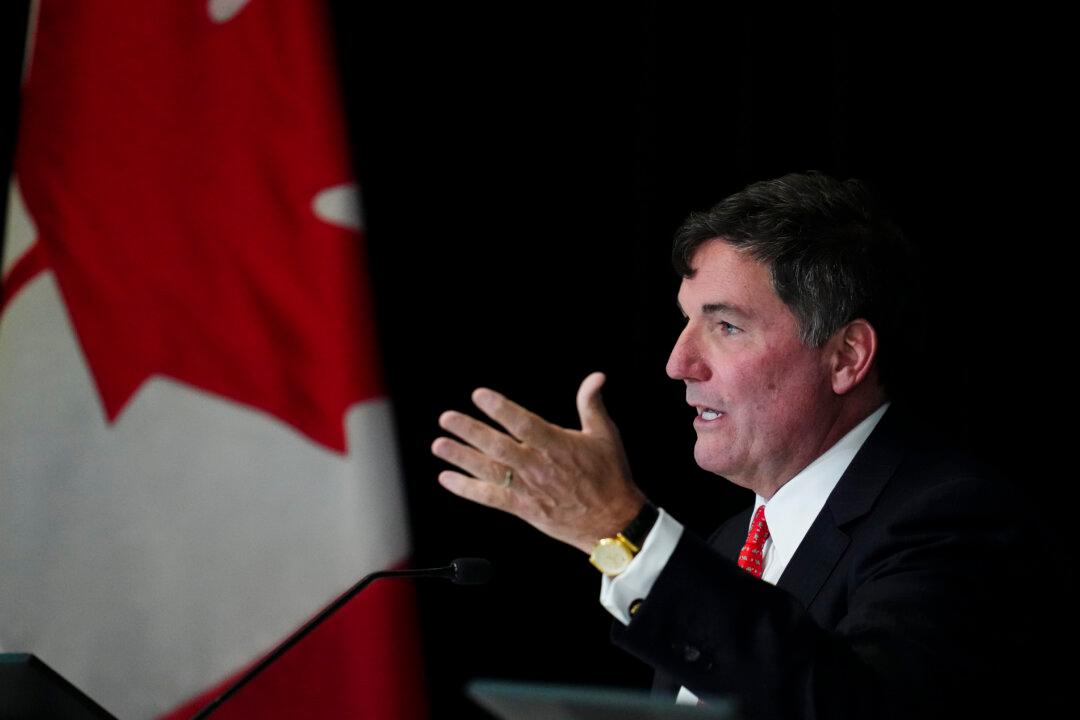Public Safety Minister Dominic LeBlanc has rejected a proposal to disclose the names of MPs who allegedly colluded with foreign states, telling the Foreign Interference Commission the issue has been exaggerated.
“It is a gross partisan exaggeration, and I think irresponsible for people to—and many have in the public domain—claim that there are traitors sitting in Parliament and treasonous people,” LeBlanc said as he testified before the public inquiry on Oct. 15.





